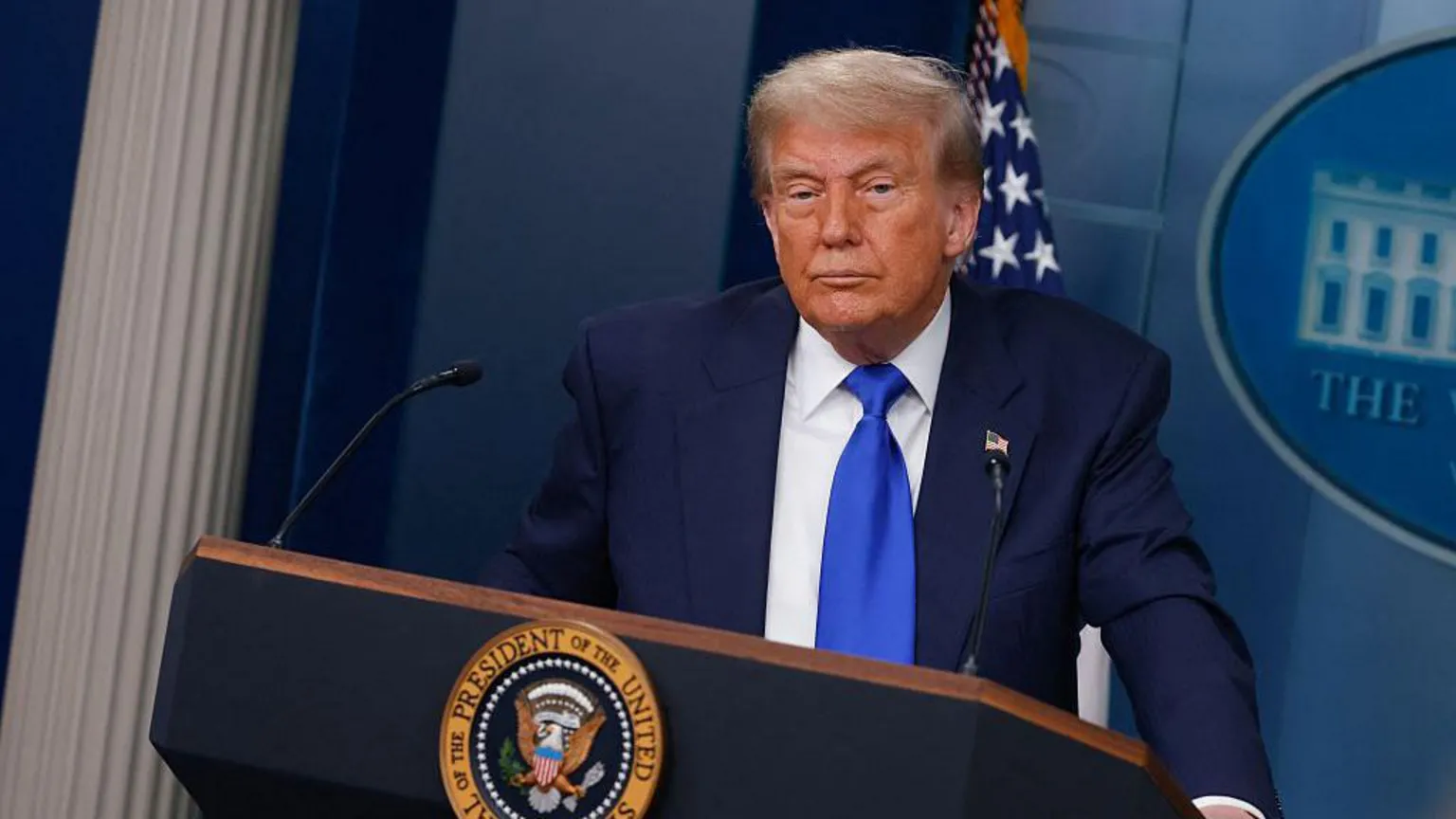Trump grapples with dual crises as Netanyahu and Putin undermine US strategy

Israel’s surprise airstrike on Hamas offices in Doha and a Russian drone incursion deep into Polish territory have disrupted Washington’s diplomatic efforts and raised questions about Trump’s ability to influence leaders he considers partners, Vladimir Putin and Benjamin Netanyahu.
Two major international crises within 24 hours have placed fresh pressure on President Donald Trump’s foreign policy, challenging both his authority and his strategy in dealing with allies and adversaries.
Israel’s surprise airstrike on Hamas offices in Doha and a Russian drone incursion deep into Polish territory have disrupted Washington’s diplomatic efforts and raised questions about Trump’s ability to influence leaders he considers partners, Vladimir Putin and Benjamin Netanyahu.
The timing has been particularly damaging for the White House. The Israeli raid came just two days after Washington unveiled its latest proposal to end the Gaza conflict. Trump had publicly warned Hamas that this was their “last chance” to accept his plan, writing on Truth Social, “I have warned Hamas about the consequences of not accepting. This is my last warning, there will not be another one!”
Yet before Hamas leaders in Qatar could even respond, Israeli jets struck. The attack not only undermined US peace efforts but also threatened to unravel months of delicate negotiations.
Debate continues over whether Washington was aware of the raid beforehand, especially given the presence of one of its most important airbases in Qatar.
For critics, the idea that US intelligence failed to detect the mission is hard to believe. If there was no American approval, then the strike highlights Trump’s lack of leverage over Netanyahu’s government.
The White House, seeking to distance itself from the attack, issued a sharp rebuke.
“Unilaterally bombing inside Qatar, a sovereign nation and close ally of the United States that is working very hard and bravely taking risks with us to broker peace does not advance Israel or America’s goals,” press secretary Karoline Leavitt told reporters. Trump himself said he felt “very badly” about the strike, while Netanyahu insisted it was a “wholly independent” action.
Commentators in the region see Israel’s move, named “Operation Summit of Fire,” as a direct dismissal of previous assurances that Hamas leaders in Qatar would not be targeted. To Gulf allies, that disregard signals weakness in Washington’s commitments.
Almost simultaneously, Trump faced another test — this time from Moscow. Less than a month after warmly welcoming Putin at a summit in Alaska, Russia escalated its aggression with a drone incursion deep into NATO territory.
Polish officials reported that 19 drones entered the country on Wednesday, far beyond the border zone. Prime Minister Donald Tusk described the incident as “the closest we have been to open conflict since World War Two.”
Unlike previous accidental strikes near the frontier, this was widely seen as a deliberate attempt by Moscow to test NATO’s unity — and Trump’s resolve. “A stunning silence from the White House greeted news that a Nato ally for the first time engaged and shot down Russian military assets,” the Kyiv Post observed.
Trump eventually responded online, writing: “What’s with Russia violating Poland’s airspace with drones? Here we go!” But his initial silence, coupled with his hesitation to enforce new sanctions, has left European allies uneasy.
Officials in Brussels and Washington are now working on a joint sanctions package, the first since Trump’s return to the presidency.
While NATO members have increased their own defense spending and taken steps to strengthen support for Ukraine, they remain reliant on American leadership when their sovereignty is threatened.
For Trump, the twin challenges , an ally acting independently in the Middle East and an adversary pushing boundaries in Europe, shows the limits of his influence. In just two days, both Netanyahu and Putin have forced the White House into damage control, leaving Washington’s partners waiting to see if the president will match words with action.
